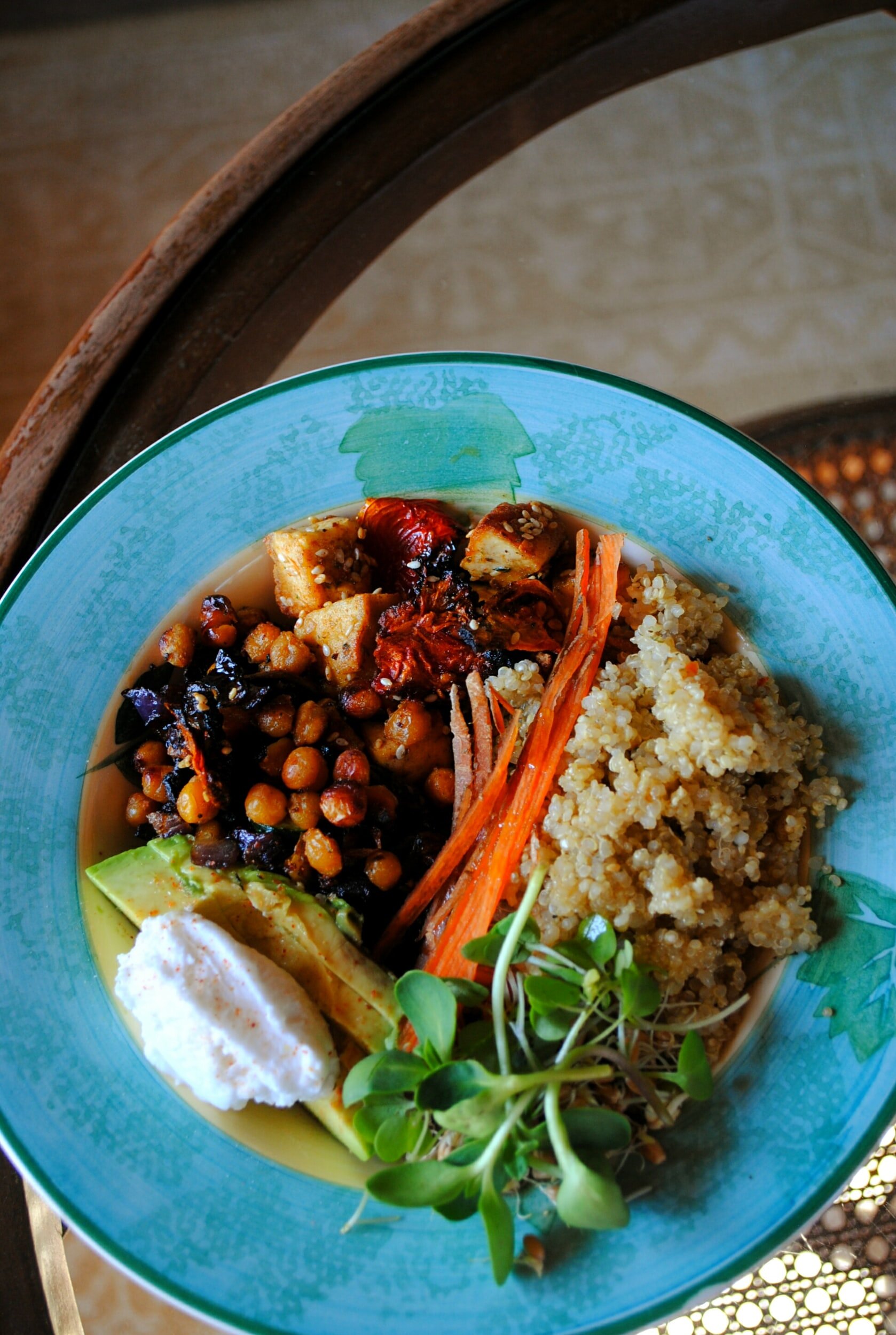Incorporate these nutrients into your diet to boost your immune system And lower inflammation
Nutrients important for boosting the immune system: Vitamins A, B6, C, D, and E, folate, iron, selenium, zinc, probiotics
Foods containing These nutrients
Vitamin A: Beef liver, cod liver oil, egg, butter, milk, sweet potato, pumpkin, carrot, cantaloupe, mango, spinach, broccoli, kale, collard greens, butternut squash (essentially all red, orange, yellow, and green plant foods)
Vitamin B6: Tuna, turkey, beef, chicken, salmon, sweet potato, potato, sunflower seeds, spinach
Vitamin C: All will be higher in vitamin C if uncooked. Bell peppers, papaya, citrus fruits, Brussels sprouts, strawberries, kiwi
Vitamin D: Salmon, herring and sardines, cod liver oil, canned light tuna (lower in mercury), oysters, egg yolk, mushrooms
Vitamin E: Sunflower seeds, spinach, Swiss chard, avocados, turnip greens, asparagus, mustard greens
Folate: Liver, chicken giblets, egg yolk, dried beans, lentils, split peas, potatoes, sweet potatoes, spinach, beet root, Brussels sprouts, dark leafy greens, kale, bok choy, asparagus, oranges, peaches
Iron: Beef, chicken liver, oysters, clams, tuna (light canned in water), muscles, raisins, prune juice, prunes, potato with skin, quinoa, spinach, Swiss chard, beans, lentils, hazelnuts, cashews
Selenium: Tuna, sardines, salmon, turkey, cod, chicken, lamb, beef, Brazil nuts
Zinc: Beef, lamb, pumpkin seeds, lentils, garbanzo beans, quinoa, turkey
Gut Support
Prebiotics: Think starchy and nonstarchy vegetables and complex carbs like chicory, Jerusalem artichoke, garlic, onions, shallots and spring onion, leeks, chickpeas, lentils, beans, bananas, grapefruit, almonds, flaxseed, bran, and oats.
Probiotic foods*: Cultured vegetables (sauerkraut and kimchi), kombucha, coconut kefir, natto, coconut yogurt, apple cider vinegar, salted gherkin pickles, tempeh, miso, brine-cured olives
*Probiotic foods are also high in histamine, which some people are sensitive or intolerant to. Probiotic supplements can be used, but avoid histamine-producing bacteria strains.
Bifidobacterium infantis and Bifidobacterium longum are probiotics that may reduce histamine levels.
Lactobacillus rhamnosus lowers histamine levels and down-regulates genes associated with mast cell activity (which are cells involved in histamine release).
Spore-based probiotics are a good option, and you can get MegaSporeBiotic HERE. Dosing for MegaSpore is as follows:
At 2 years of age and up, you can work up to the full 2 capsules per day dose. Under 2 years of age, work up to 1 capsule daily.
Week 1: Take ¼ capsule every day
Week 2: Take ½ capsule every day
Week 3: Take 1 capsule every day (stay here if under 2 years old)
Week 4: Take 1 ½ capsule every day
Week 5: Take 2 capsules every day
If there are symptoms at all, you can go more slowly than this (dose every other day for example).
Avoid High Mercury Fish
High mercury fish: Bluefish, grouper, mackerel (Spanish, Gulf, King), marlin, orange roughy, sea bass (Chilean), shark, swordfish, tilefish, and tuna (canned albacore, yellowfin, bigeye, ahi)
Low mercury fish: anchovies, butterfish, catfish, croaker (Atlantic), flounder, haddock (Atlantic), hake, herring, mackerel (North Atlantic, chub), mullet, perch (ocean), pollock, salmon (fresh, wild), sardines, sole (Pacific), squid, tilapia, trout (freshwater), whitefish, and whiting
General Nutrition Recommendations
Go organic when possible for produce (vegetables and fruit).
Go organic, pastured, free-range, grass-fed, wild-caught, etc. for animal products.
Drink at least 6-8 glasses of water per day. For little ones, drink one 8 oz glass per year of age, per day.





